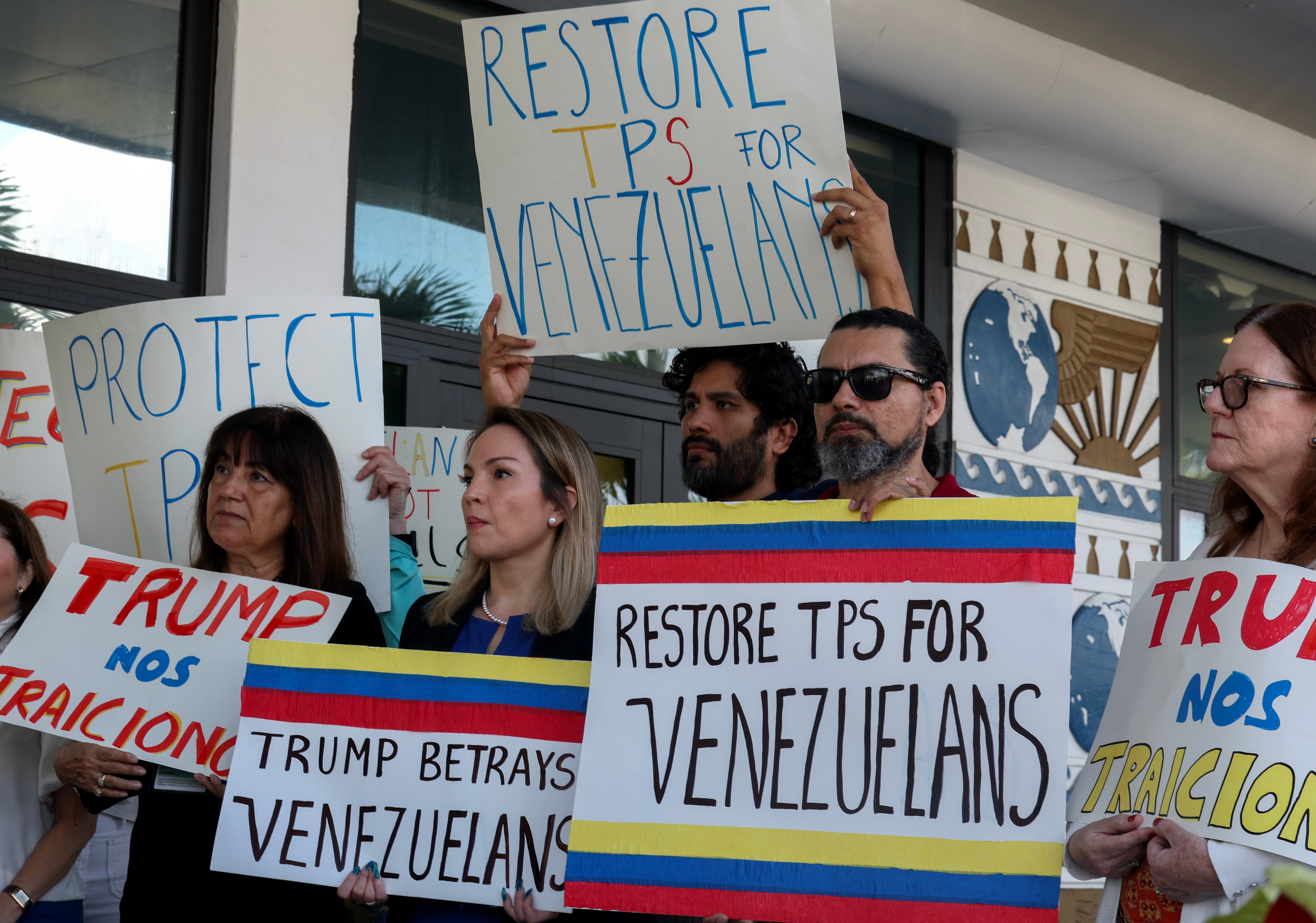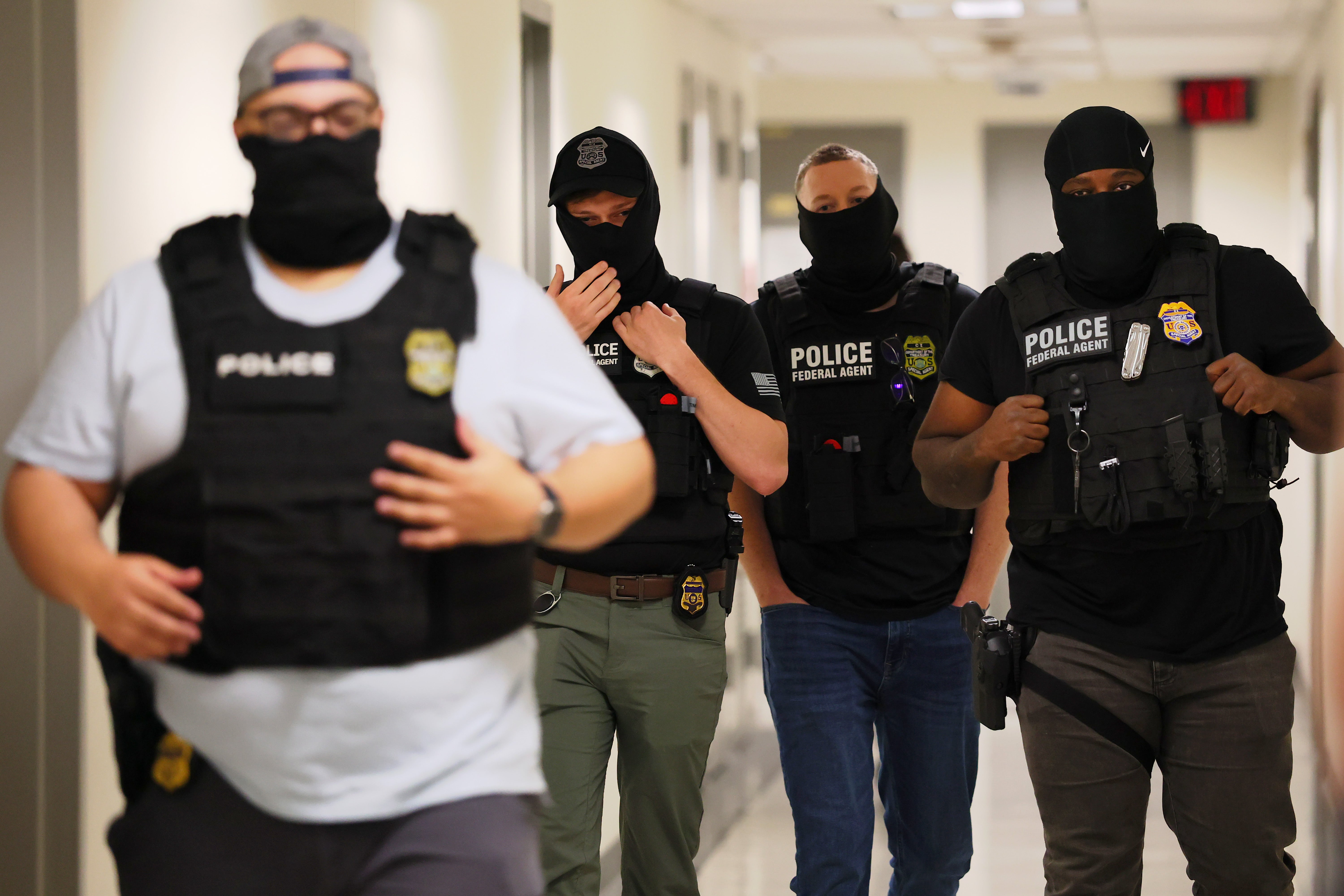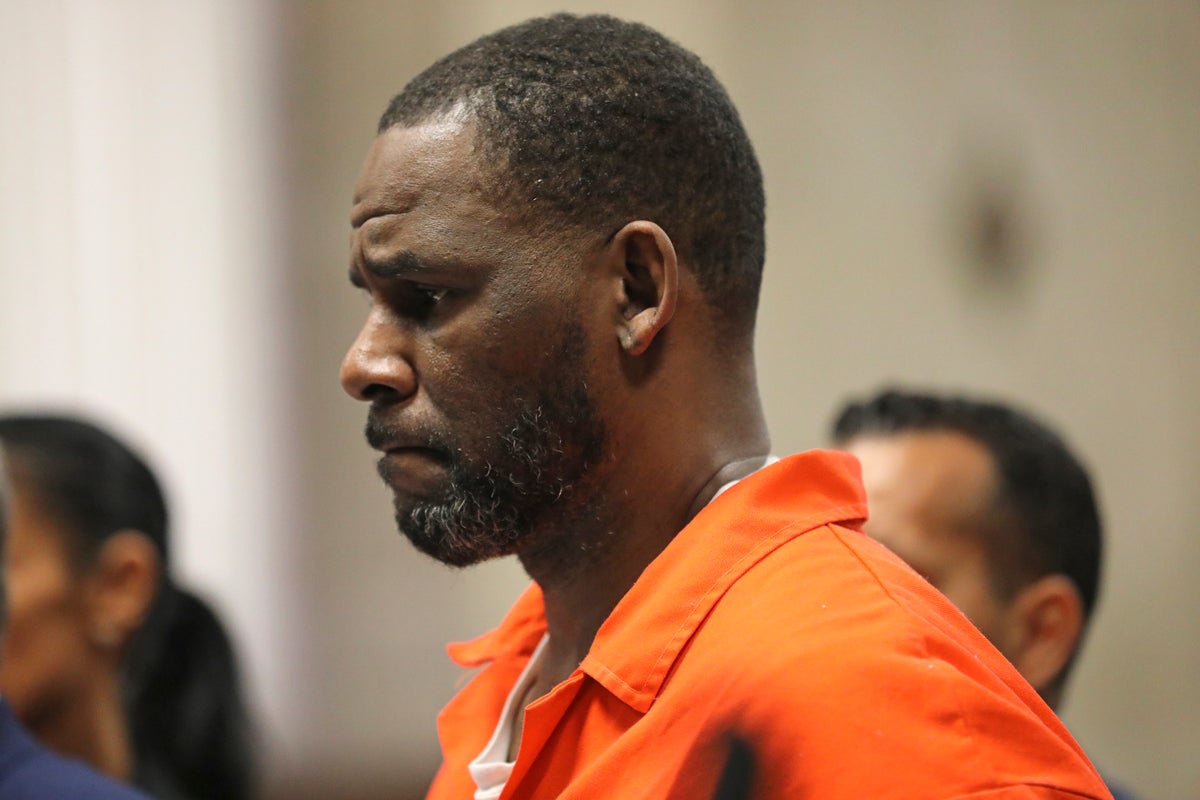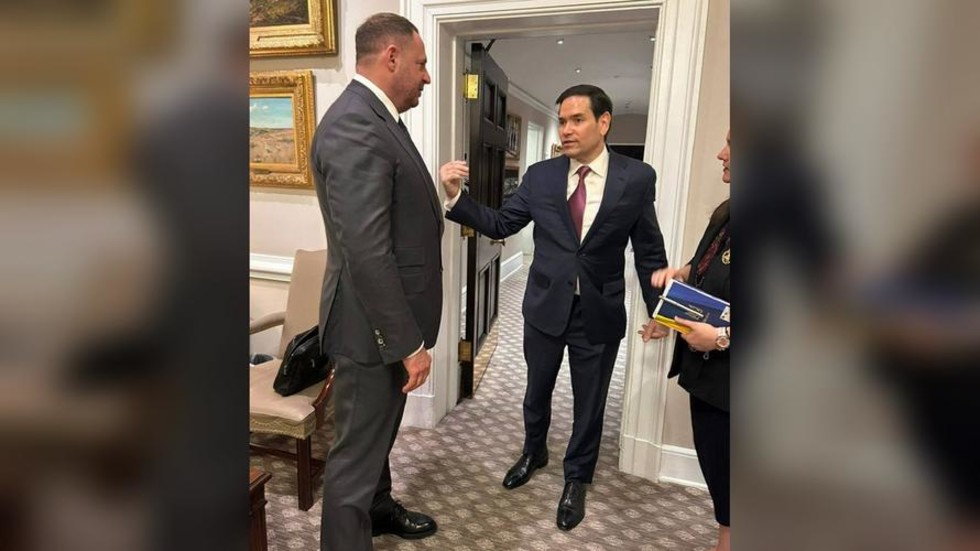Donald Trump campaigned on launching “the largest domestic deportation operation in American history,” promising to target the “invasion” of “unvetted illegal alien migrants” he claimed were stampeding across the U.S.-Mexico border.
In her first briefing, White House press secretary deemed any immigrant who was in the United States without legal permission a “criminal.”
But the administration’s own actions have turned more than 1 million immigrants who entered the country legally into the “criminals” the White House has denounced.
The administration effectively “de-legalized” tens of thousands of immigrants who were granted humanitarian protections to live and work in the United States, and thousands of people with pending immigration cases are being ordered to court each week only to have those cases dismissed, with federal agents waiting to arrest them on the other side of the courtroom doors.
Those reversals have radically expanded a pool of “undocumented” people to add to Trump’s deportation numbers.

“The Trump administration is actively creating a larger class of undocumented people by literally de-legalizing them and taking away their work authorization early, a cruel slap in the face to hundreds of thousands of people who followed the exact processes the U.S. government required of them,” according to Karen Tumlin, director of immigrant advocacy groups the Justice Action Center.
“Let me be very clear: this is another threat to all of us who believe in due process and the rule of law,” she said in a statement. “This is another callous action to sow chaos and fear in communities throughout the country, and we will not stand for it.”
In February, Homeland Security Secretary Kristi Noem announced the administration was ending temporary legal status — or TPS — for Cuba, Haiti, Nicaragua and Venezuela.
Congress created the TPS program in 1990 to provide temporary immigration protections for people fleeing war, natural disasters and “extraordinary and temporary” conditions in their home countries. Beneficiaries are allowed to apply for renewable work permits and protections against deportation.
Last month, the Supreme Court allowed the Trump administration to cancel TPS for roughly 350,000 Venezuelans who fled President Nicolas Maduro’s regime.
In a separate ruling, the Supreme Court paved the way for the administration to revoke TPS for another 532,000 immigrants from Cuba, Haiti, Nicaragua and Venezuela.
Taken together, the rulings gave the administration permission to begin stripping legal status for nearly 900,000 people, making them vulnerable to deportation.

Advocacy group Haitian Bridge Alliance said the move is “punishment” for following the law, and is “tearing those lives apart, forcing families into chaos and pushing vulnerable people to self-deport,” according to director Guerline Jozef.
In filings to the Supreme Court, the Trump administration argued that continuingTPS for those nations is a national security issue that is “straining police stations, city shelters and aid services in local communities that had reached a breaking point.”
Immigrants’ advocacy groups argued the government explicitly relied on “false, negative” stereotypes — including the president’s claims that foreign prisons were emptying out jails to send criminals to the United States — to justify the end of the temporary protected status.
Noem’s statements “conflated Venezuelan [temporary protected status] holders with ‘dirt bags,’ gang members, and dangerous criminals,” they wrote to the Supreme Court.
A federal judge overseeing one of the challenges to the Trump’s administration’s move said efforts to broadly cancel protections is “predicated on negative stereotypes casting class-wide aspersions on their character” and “smacks of racism predicated on generalized false stereotypes.”
In a dissent, Supreme Court Justice Ketanji Brown Jackson warned that the court ignored the “devastating consequences of allowing the government to precipitously upend the lives and livelihoods of nearly half a million noncitizens while their legal claims are pending.”
In January, Leavitt labeled anyone arrested for living in the country without legal permission a “criminal.”
“I know the last administration didn't see it that way, so it’s a big culture shift in our nation to view someone who breaks our immigration laws as a criminal, but that’s exactly what they are,” she said.
Days later, tens of thousands of immigrants who were granted legal entry into the United States through the Biden administration’s CBP One app were told to leave the country.
More than 300,000 people seeking asylum in the United States abruptly had their appointments canceled, stranding them on the other side of the southern border.
In one lawsuit targeting the Trump administration’s upending of the asylum process, plaintiff Maria Doe — who says she was fleeing cartel violence after testifying against police collaborators — had her appointment canceled the day of Trump’s inauguration.

“Asylum is a crucial lifeline for people fleeing violence, including our clients, who are stranded in Mexico with nowhere to turn,” said Rebecca Cassler, senior litigation attorney at the American Immigration Council. “The administration’s policy to end asylum access at ports of entry is blatantly unlawful.”
Meanwhile, thousands of people who are following immigration law — including international students with visas to study in the United States and immigrants showing up for their court-ordered Immigration and Customs Enforcement check-ins, immigration court hearings and U.S. Customs and Immigration Services appointments — have become easy targets for arrests.
The administration is also restricting entry to any travelers or immigrants from more than a dozen countries, effectively shutting the door to any immigrants seeking even temporary visas.
That list of countries includes the nations previously granted TPS.
“Note the hypocrisy,” said Kelli Stump, president of the American Immigration Lawyers Association.
“The same countries this administration claims are safe enough for deportations by ending grants of temporary protected status and humanitarian parole are now deemed too dangerous for entry,” she said. “This is part of an invisible wall against immigration that harms our nation and erodes America’s core values.”

 6 hours ago
2
6 hours ago
2









